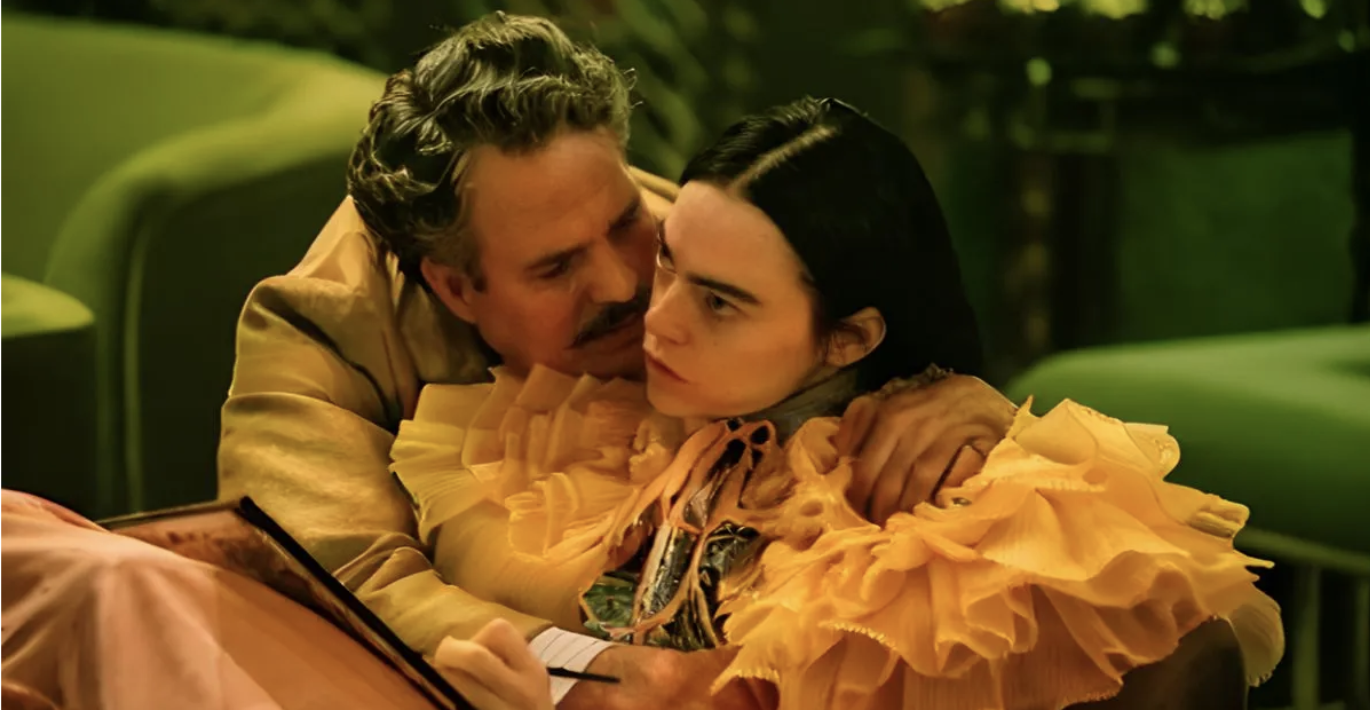Suspending Disbelief in Film Criticism: Embracing Artistic Perspectives
Nicole Kidman once said, “We come to this place… for magic.” As iconic and now hilarious as that AMC video is thanks to the internet and all its endless memes, she’s right. Films not only entertain us but transcend us into another world. Of course, after the film is over and you settle back into reality, your interpretation and opinion of the film sets in. While we all have different views and take various likings to certain films, there has been a rise in the lack of suspending one’s disbelief when critiquing a film.
Films are art. Fiction—even if based on a true story. Actors work hard at becoming an entirely new person to create a piece of magic so strong that audiences believe it is who they truly are. Writers, directors, and the entire behind-the-scenes team develop adaptations or create new screenplays full of fantastical imagery, language, costumes, sets, music—you name it—because art needs to be released into the world.
However, some audiences are taking art too literally, which simply defeats the purpose of viewing said art. Yorgos Lanthimos’ critically acclaimed and Oscar-nominated Poor Things, starring Emma Stone, Willem Dafoe, and Mark Ruffalo, has faced controversy since its release this past December. If you haven’t seen it, the plot revolves around Bella Baxter (Stone), who is revived through an experiment by Godwin Baxter (Dafoe), where a living infant's brain is transplanted into its deceased mother's body. We watch the story unfold as Bella's mental age slowly aligns with her physical age and she discovers profound experiences, from pleasure and Portuguese pastries to the challenges of economic hardship and patriarchy.
While the story is whimsical in both plot and cinematography, many have voiced an issue with the “immorality” of the film, condemning its portrayal of a mentally underdeveloped woman embarking on her journey of sexual liberation. An article from Dazed Magazine covered this controversy in support of the film, including quotes from viewers who denounced it. One Reddit user stated, “This movie was disturbing. Her brain was not developed and multiple men are assaulting someone that is cognitively a child.” Another viewer tweeted, “Poor Things is disgusting. DO NOT WATCH IT. Sexualizing babies shouldn’t be a matter of amusement, this movie shouldn’t be legal!”
Yes, Bella’s childlike mentality is a pivotal element in the plot, revealing an unsettling fact that shapes most of the film. However, since when is art always supposed to be comfortable? It seems that many no longer appreciate the intense fictionalized world that is presented on the screen. Also, let’s not forget that Poor Things is directed by Lanthimos, who is known for provocative and unnerving films- please, go watch The Favourite. If we want to get really technical, it’s implied that Bella discovers sex when her mental age is around 18, but that doesn’t matter. Poor Things is 2 hours and 20 minutes of profound depth and beauty. Unfortunately, some individuals’ only takeaway concerns Bella’s mental age and sexual journey. We are forgetting that after all, it’s just pretend.
Strike Out,
Writer: Nikki Cohen
Editor: Cristina Angee
Tallahassee


